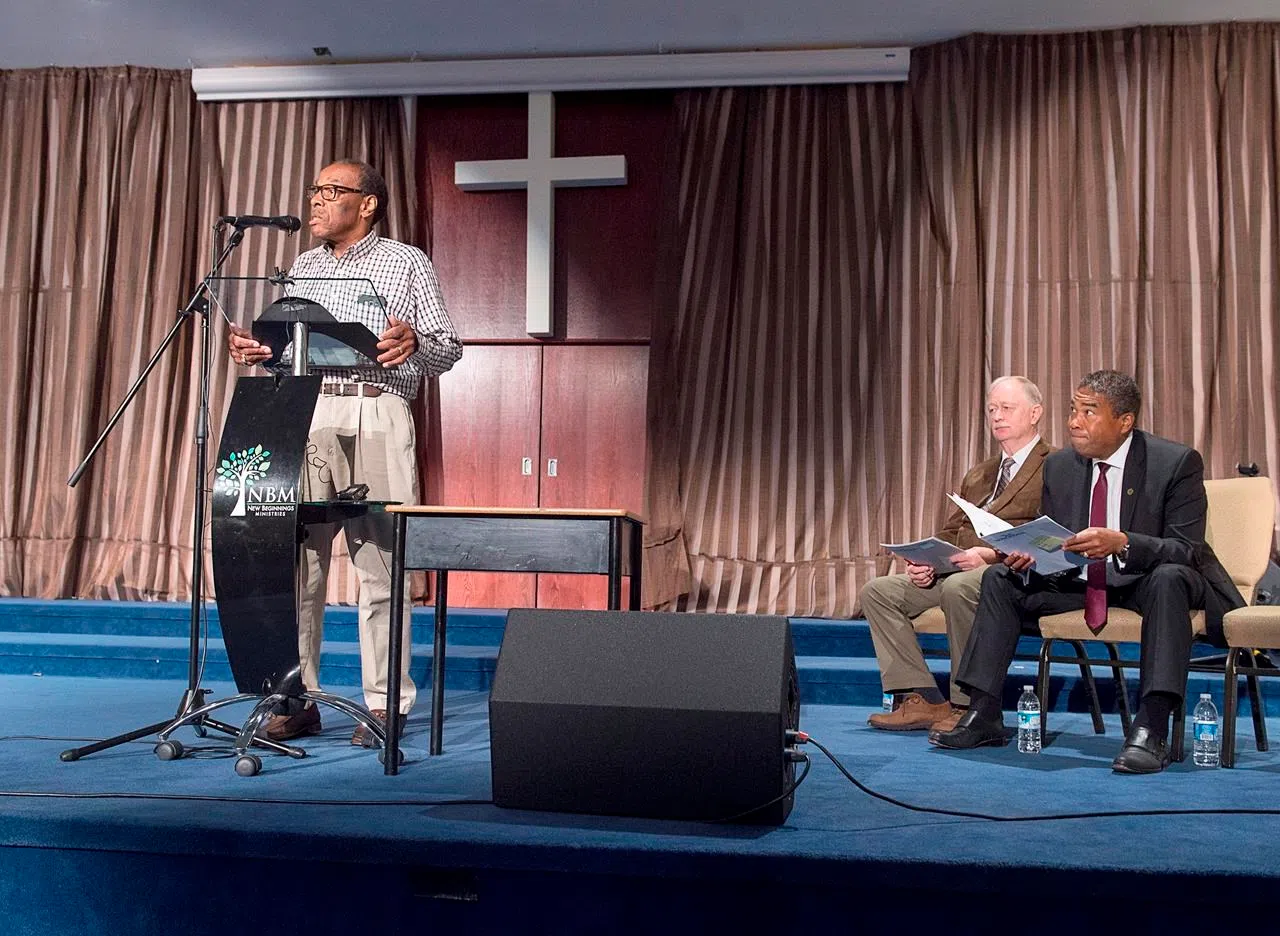
Nova Scotia announces $2.7M to help black residents get titles to their land
HALIFAX — Nova Scotia’s Liberal government is committed to doing the right thing to help African Nova Scotians gain clear title to land that has been in their families for many generations, a cabinet minister promised Wednesday.
“African Nova Scotians have suffered, more than anyone else in Nova Scotia, great indignities and injustices with respect to land,” Tony Ince, the Minister of African Nova Scotian Affairs, told a gathering at a church in Cherry Brook, near Halifax.
Ince announced residents of five predominantly black communities will get $2.7 million over two years to help clarify their land ownership.
Ince said the province is taking action to address disparities and “systemic discrimination” that blacks have faced.

